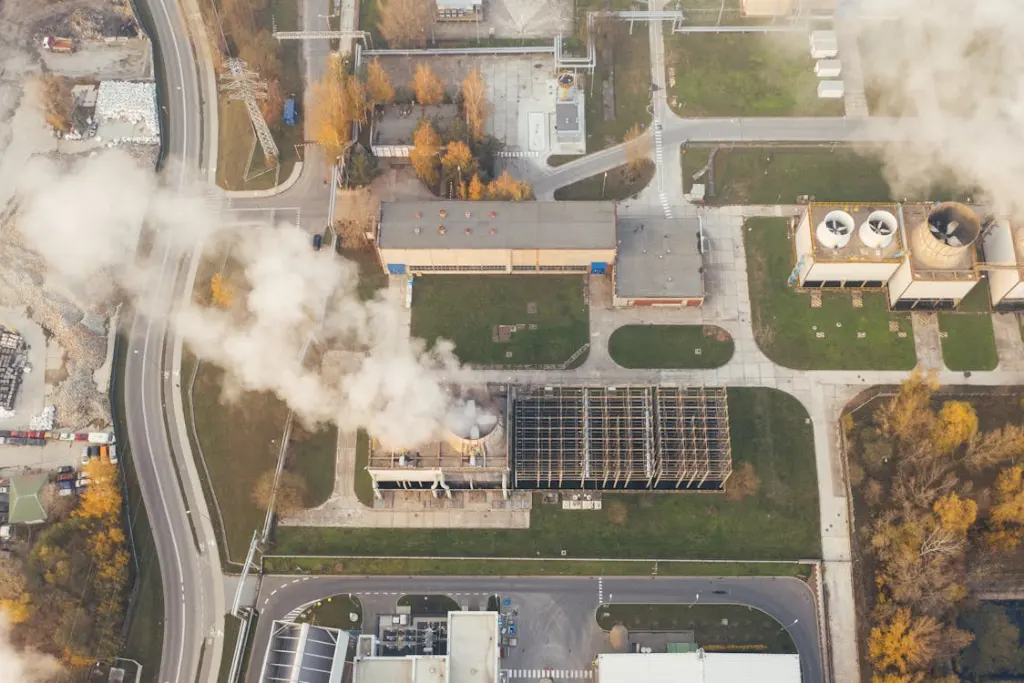The threat posed by climate change is real and is influencing how we work, live, and survive.The indications are everywhere, from bigger hurricanes and destructive wildfires to rising sea levels and changing weather patterns. Although the task is urgent, it is not insurmountable. Since no one individual, organization, or country can resolve this situation on their own, cooperation is essential.
1. Recognizing The Challenge
The primary cause of climate change is the overabundance of greenhouse gases, primarily carbon dioxide and methane, released into the atmosphere.By trapping heat, these emissions disturb natural processes and drive our planet closer to perilous tipping points.Although the issue is worldwide, solutions frequently begin locally, in our homes, communities, and neighborhoods.
2. Daily Activities That Have A Significant Impact
Individual decisions have a significant impact, particularly when millions of people make them.
Reduce energy waste: by choosing energy-efficient appliances, unplugging useless electronics, and switching to LED lights.
Reduce Your Driving: Whenever feasible, walk, bike, take public transportation, or carpool.
Eat for the Planet: Cut down on food waste and increase your intake of plant-based foods.
Reduce, Reuse, Recycle: Do not just recycle; concentrate on reducing your purchases and increasing your reuse.
Pro Tip: Even minor lifestyle changes can have a big impact on emissions when they are implemented across communities.
3. Companies As Leaders In Climate
Businesses have a significant impact on global emissions. They can bring about significant change by adopting sustainable methods.
Green operations: include adopting circular economy concepts, increasing production efficiency, and investing in renewable energy.
Sustainable Supply Chains: Encourage environmentally conscious vendors and source materials sensibly.
Climate Transparency: To foster accountability and confidence, openly communicate sustainable objectives and advancements.
Example: For instance, a lot of progressive companies increasingly link executive incentives to sustainability benchmarks.
4. Policy’s Power
In order to guide the globe toward a sustainable future, government intervention is essential. Good policies are able to:
Encourage the growth of renewable energy.
Punish those that pollute a lot.
Encourage forestry and agriculture that is sustainable.
Invest in climate innovation and research.
Voting for politicians who emphasize climate change, supporting clean energy legislation, and raising concerns about unsustainable practices are all ways that citizens may contribute.
5. Creativity And Cooperation
Innovation plays a key role in combating climate change, from solar-powered microgrids to carbon capture technology. The acceptance of these ideas is accelerated when scientists, entrepreneurs, governments, and communities work together.
Future Focus: Envision cities that are totally powered by renewable energy, public transportation that emits zero emissions, and net-zero manufacturing—these are not pipe dreams, they are attainable objectives.
6. The Significance Of World Unity
Climate change is a borderless phenomenon. We are all impacted by resource constraints, changing weather patterns, and rising sea levels. International accords such as the Paris Accord demonstrate that significant advancement is achievable when countries unite. However, maintaining those promises through mutual accountability and cross-border collaboration is where the true power resides.
Concluding Remarks
The issue of climate change is one that requires a collective solution.Every action matters, from the decisions we make at home to the laws we advocate for and the advancements we encourage.The goal of combating climate change is to make the planet greener, more equitable, and more resilient for future generations—not merely to prevent catastrophe.




